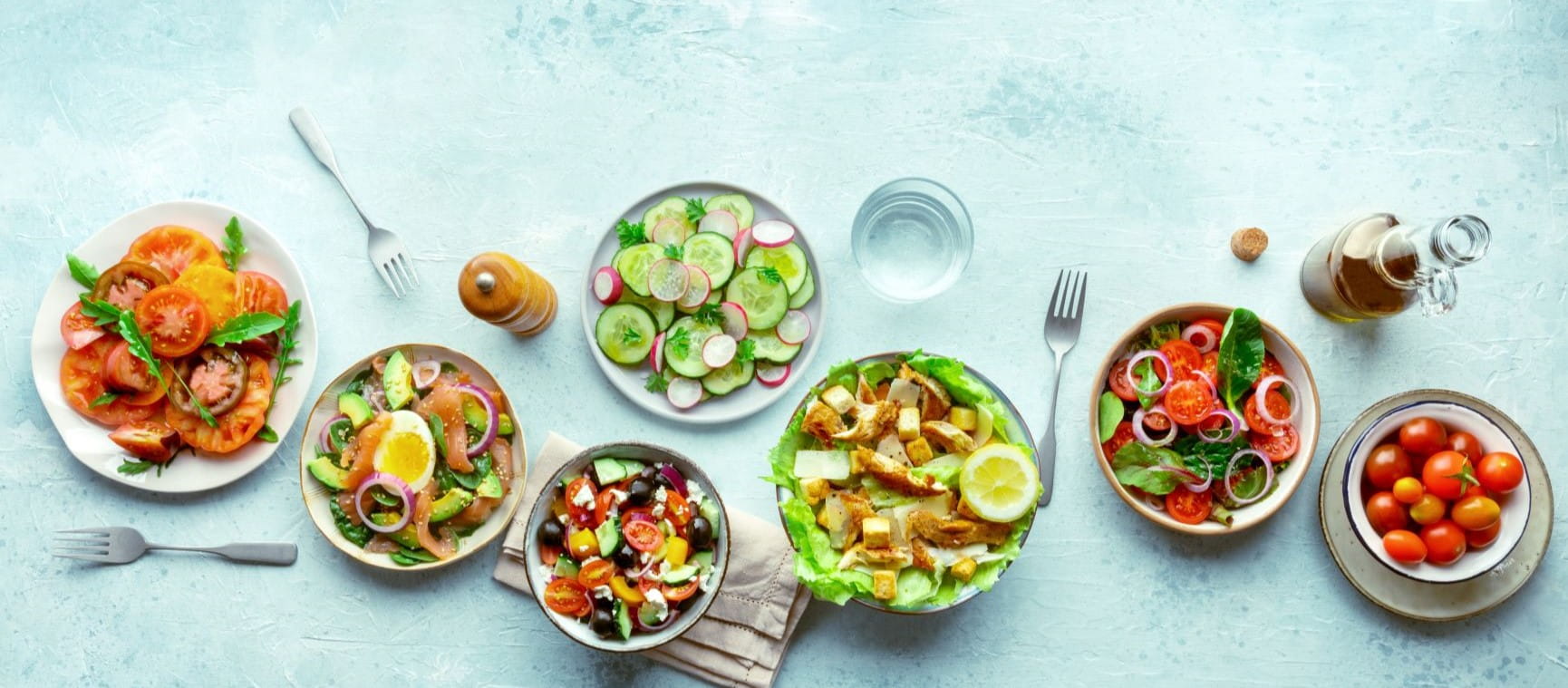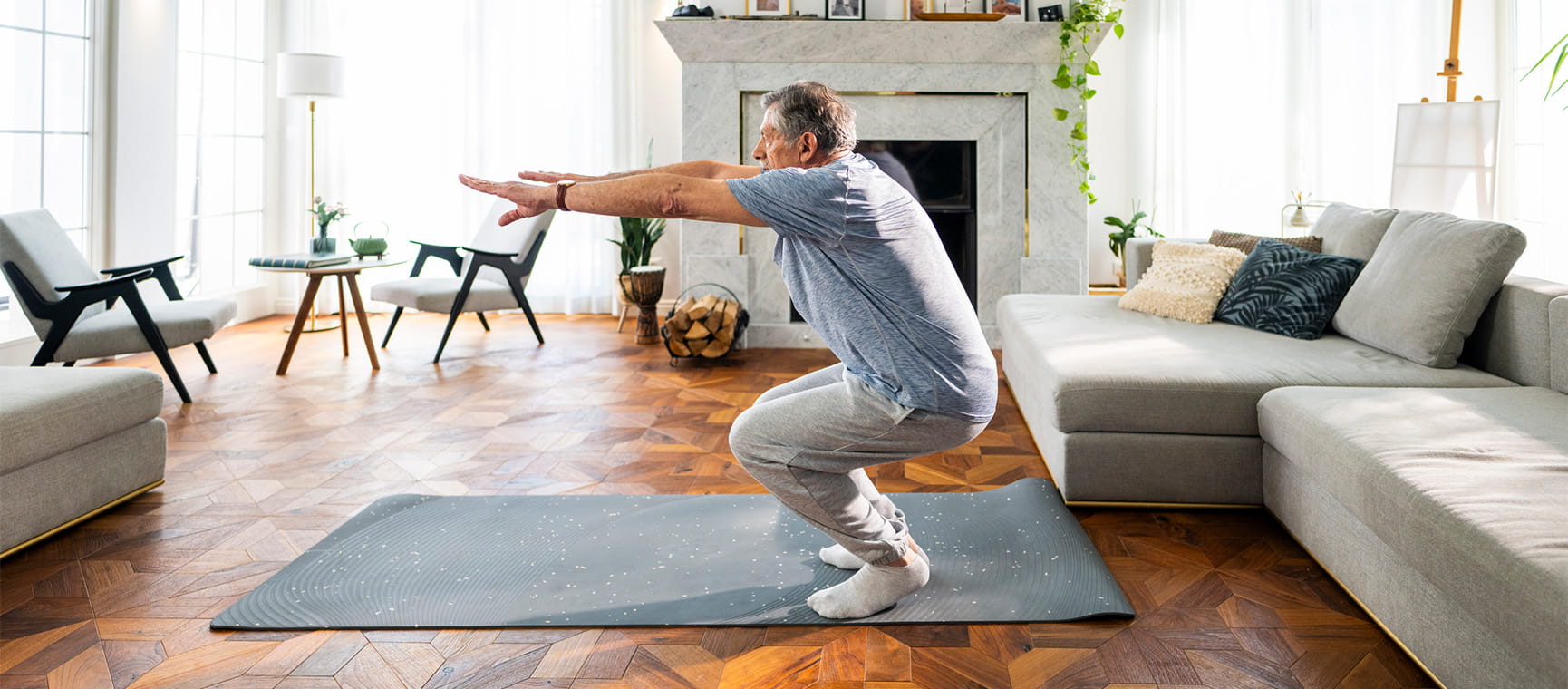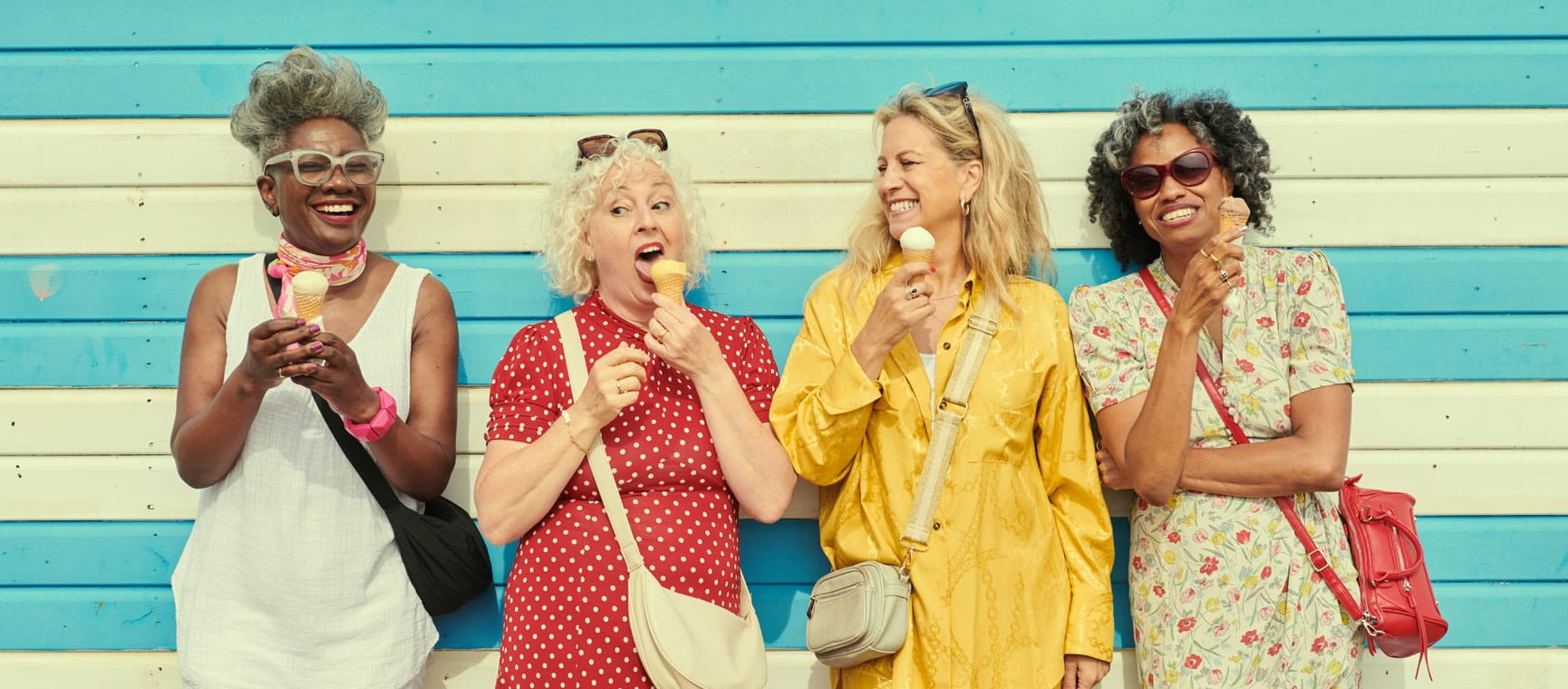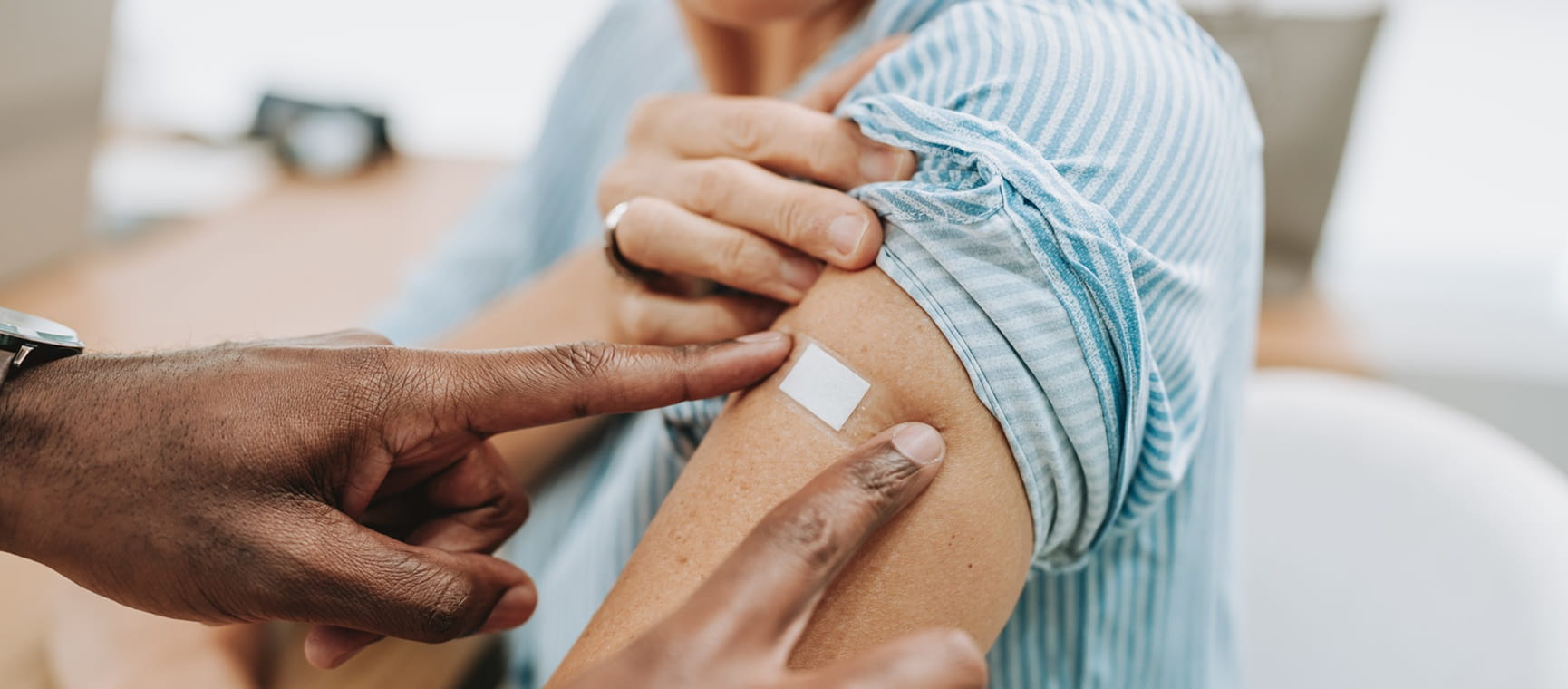How to live longer - 10 tips from the longevity experts
Sleep, food and friendships can all make a difference to our longevity. We've got science-based advice from two medical experts on how to live longer.

Sleep, food and friendships can all make a difference to our longevity. We've got science-based advice from two medical experts on how to live longer.

Living longer and well is the holy grail, and new research from the ONS has revealed that more people than ever are living to more than 100.
However it is also estimated that only around 20% of how we age is genetic, while a staggering 80% is influenced by our behaviour and environment.
So what can we do to increase both the quantity and quality of our lives? We've spoken to two longevity experts to find out their advice, based on science.
Professor Andrew Steptoe is director of the English Longitudinal Study of Ageing, which collects data from people aged 50 and over to understand the ageing process. Here are his tips for living longer.
Feeling like you’re filling your time with something worthwhile is critical.
"It could be looking after grandchildren, focusing on a hobby, or working for longer than you have to," explains Steptoe.
A strong social network is associated with longer life.
"As you get older, people fall away, so work hard to establish new relationships with younger generations as well as contemporaries," he says.
Research has shown that loneliness can be as bad for you as smoking.
A consistent sleep pattern is important. Go to bed at a similar time and try to manage things that might keep you awake, such as anxiety.
The number of hours of sleep we need every night also changes as we get older.
There’s evidence that people who engage with the arts live longer. This includes visiting museums, the theatre, and listening to music, as well as learning a craft or joining a choir.
It’s easy to internalise negative stereotypes of older people – that once you’re retired, you’re unproductive and slowing down, living on the outskirts of society.
Don’t accept this, says Steptoe, and don’t give up on life.

Neuroscientist Dr Julia Jones has been researching wellness for 30 years. In pursuit of longevity, she spent two years revamping her lifestyle, based on the latest science.
The author of F-Bomb: Longevity Made Easy, she recommends these daily habits.
"We lose brain connections as we age if we don’t try to offset that decline," says Jones, who took up electric guitar two years ago in her fifties.
"Learning how to play a musical instrument is one of the most effective ways of boosting neuroplasticity, because it’s so difficult."
Aim for (at least) 30 different plants a week.
"This improves gut health and results in lower incidence of illness," says Jones, who also advises limiting sugar, eating as much fibre as possible, and healthy omegas such as fish.
Walk as much as you can, but don’t neglect muscle strength.
"Weight-bearing exercises, such as planks, will help maintain muscle mass," she says.
Heading outdoors first thing helps set your circadian rhythm, improving sleep quality.
"When the digestive system is empty, a lot of repair work happens at a cellular level," says Jones, who tends to eat within an eight-hour window (typically 10am-6pm, though she is flexible with timings).
Rebecca Norris is Features Writer at Saga Magazine, interviewing fascinating people over 50, from DIY hot air balloon builders to the new generation of lighthouse keepers. She trained in news and features writing at City, University of London, graduating with an MA in Magazine Journalism.
View author page

Get 3 months free, plus a £125 Totally Rewards Wellness Gift Card when you start a new policy by the end of 19 February 2026. T&Cs apply.
Underwritten by Bupa Insurance Limited.

For a limited time, enjoy 3 issues of Saga Magazine for just £1. Receive the next 3 print editions delivered direct to your door, plus 3 months’ unlimited access to the Saga Magazine app—perfect for reading on the go.
Don’t miss your chance to experience award-winning content at an exceptional price.

Are you retiring at the wrong age? The best age to retire for your body, brain, happiness and pocket.


Everything you need to know about the lung infection, and how you could be ill with “walking” pneumonia without realising it.

Strong calves for a strong mind: how they support our circulation and brain health, with easy moves to strengthen yours at home.


Our GP Dr Mark Porter explains what can cause itchy skin, which is a common problem as we get older.

Worried you’ve morphed into Victor Meldrew? Find out how to battle that bad mood, and what to do if you’re stuck with a grouchy loved one.

The benefits of heat and cold therapy, and how Nordic bathing won over our nervous writer.

Here’s how to spot the symptoms of heat disease and reduce your danger.


The NHS winter vaccination campaign kicks off next week. Here’s the lowdown on what you need to book.

Pilates for back pain – what to do if you are suffering, and five gentle exercises that could help.

Dizziness or vertigo: a sensation of spinning, can stop us doing everyday things for fear of falling. Try these tips to stop feeling dizzy


You don’t have to put up with bladder leaks. We try out the latest pelvic floor gadgets for men and women.

Cataracts are a normal part of ageing. Learn how to spot the signs – and when it’s time to consider surgery.